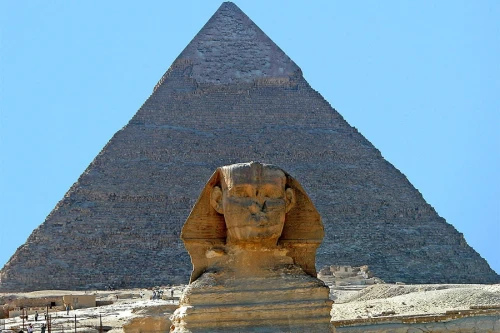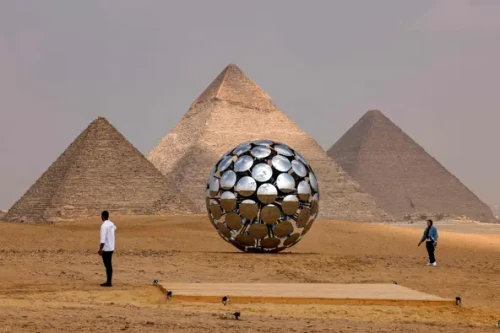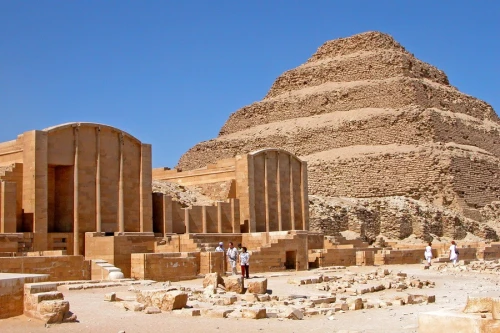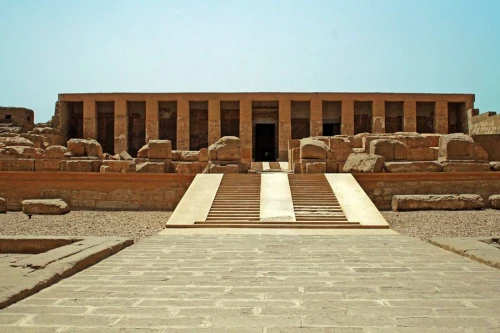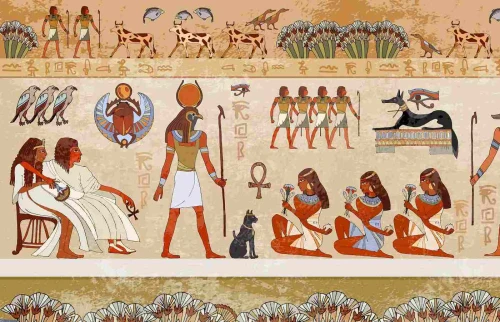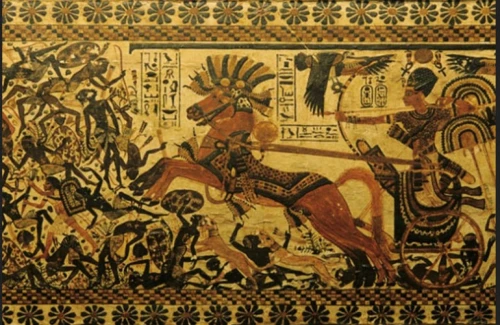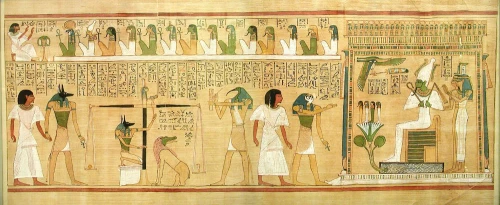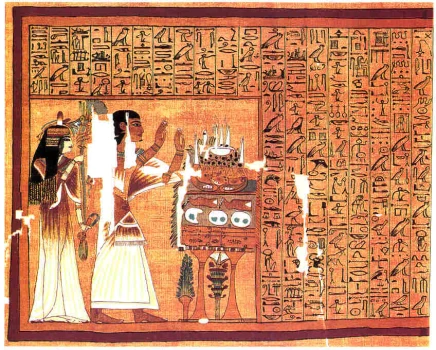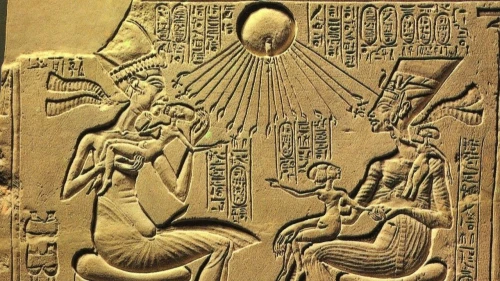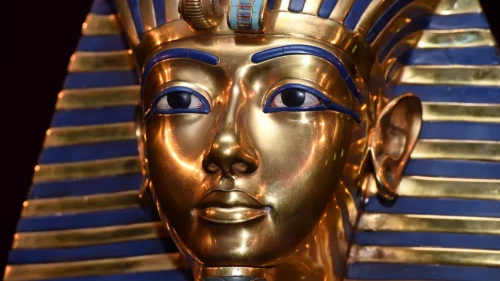
Who were the Pharaohs?
The Pharaohs were the rulers of ancient Egypt. They were considered to be gods by the people of Egypt. The word "pharaoh" means "great house" in Egyptian. The first pharaoh was Narmer, who unified Upper and Lower Egypt around 3100 BCE and made Memphis the capital of Egypt. The last native pharaoh of Egypt was Cleopatra VII, who ruled from 51-30 BCE. She was overthrown by the Roman emperor Augustus and Egypt became a province of the Roman Empire. Our tour guide will join you in our Egypt travel packages to tell you the achievements of each pharaoh in ancient Egyptian.
The Pharaohs of Ancient Egypt
Some of the most powerful persons in history were the Egyptian pharaohs. They were in charge of one of their era's wealthiest and most sophisticated civilizations. The Pharaohs populace regarded the Gods of Egypt, and they ruled over everything in their realm with unlimited authority.
During the course of Ancient Egyptian history, there were several different Pharaohs who left behind a wealth of landmarks and records of their past, which can today be found on Egypt classic tours. Ramses II, Cleopatra, and Tutankhamun are a some of the most well-known. Each Pharaoh was distinct, and they all left their stamp on history as well as temples and tombs that are now included on Egypt luxury tours must-see attractions.
The Great Pyramids of Giza are among the most remarkable constructions from antiquity that were erected by the Pharaohs. They also managed a flourishing economy and produced several exquisite pieces of art.
The Pharaohs of the New Kingdom
Among of ancient Egypt's most able and influential kings were the pharaohs of the New Kingdom. Their reigns were characterised by notable military victories, and they ruled over a time of considerable wealth and cultural development. Here are some intriguing details about these extraordinary kings and the well-known sites they left behind that may still be visited on low-cost Egypt budget tours:
- The first Pharaoh of the New Kingdom was Ahmose I, who overthrew the last ruler of the previous dynasty, the hated Hyksos. Ahmose has the only pyramid in Abydos called Ahmose Pyramid. It will be a good idea to include it in Luxor day tours to Abydos.
- Ahmose's successors, Amenhotep I and Thutmose I continued the struggle against the Hyksos, eventually expelling them from Egypt altogether. Amenhotep has a very beautiful tomb in the Valley of Kings on the west bank of Luxor which is the main tour in Egypt day tours to Luxor and Aswan.
- The greatest Pharaoh of the New Kingdom was undoubtedly Tutankhamun, who achieved fame thanks to the discovery of his magnificent tomb by Howard Carter in 1922. Regardless of the small period of his rule, he has a magnificent tomb in the Valley of Kings and a special room in the Egyptian Museum tour in Cairo. A lot of tourists come to Egypt to see the magnificent antiques of the Egyptian Museum which is an important tour in Cairo day tours.
- Tutankhamun's death at a young age meant that his successor, Ay, assumed power while still a child. This led to a period of political instability which was eventually resolved by Horemheb, who became Pharaoh in his own right after Ay's death. Know more about Tutankhamun’s history and the great progress he did from our tour guide in Egypt cultural tours.
- The final Pharaohs of the New Kingdom were Ramesses III, Ramesses IV, and Ramesses XI; all three presided over periods of decline and the eventual downfall of Egypt's once mighty empire.
The Pharaohs of the Late Period
Egypt was controlled by a succession of dynasties of Libyan, Nubian, and Persian ancestry as well as rulers from the native Egyptian line for about 200 years, from the late eighth century BC until the Roman invasion of Egypt in 30 BC. The Late Period pharaohs were frequently viewed as nothing more than puppets of the strong administrators and military leaders who held the actual power in the background.
Cleopatra VII, the Egyptian pharaoh who reigned from 51 to 30 BC, is one of the most well-known pharaohs of the Late Period. The final Egyptian monarch, Cleopatra, famously wed Mark Antony before moving on to marry Julius Caesar. She took over as Egypt's only ruler after beating her competitors. Yet Octavian, who later rose to become the first Roman emperor Augustus, overthrew her, bringing an end to her rule. Aswan day tours let you to visit her sculptures and learn more about her reign.
Other notable pharaohs from the Late Period
- Amenhotep III (1386-1353 BC), Amenhotep III was one of the most prosperous and powerful rulers in Egyptian history. He oversaw a period of great artistic achievement and built many impressive monuments to see in Aswan and Luxor tours, including temples at Luxor and Karnak temple on Luxor east bank tour.
- Akhenaten (1351-1334 BC) Akhenaten was a controversial figure who introduced a new monotheistic religion centered around the worship of Aten, the sun god. He also moved Egypt's capital from Thebes to a new city named
The 10 Interesting Facts About Pharaohs
- Pharaohs were the supreme rulers of ancient Egypt.
- They were considered to be gods on earth and there are a lot of Egyptian gods stories to discover.
- The pharaohs’ power was absolute and they were answerable only to the gods.
- Pharaohs were often depicted as bearded men wearing crowns and holding scepters.
- The first dynasty of ancient Egypt was founded by a king named Menes who united Upper and Lower Egypt around 3100 BCE in a capital city called Memphis which has great monuments to see in a day tour to Memphis.
- The title "pharaoh" was not used until the 18th dynasty which began around 1550 BCE.
- The last native Egyptian pharaoh was Cleopatra VII who ruled from 51-30 BCE before she was defeated by the Romans.
- Some of the most famous pharaohs include Tutankhamun, Ramses II, and Hatshepsut (include Queen Hatshepsut's temple in your plan to visit Egypt, you will be impressed).
- Pharaohs were buried in lavish tombs with their possessions in order to ensure their comfort in the afterlife.
- The word "pharaoh" comes from the Egyptian Per Ao or Great House which referred to the royal palace where the pharaoh lived.
 English
English
 Spain
Spain

